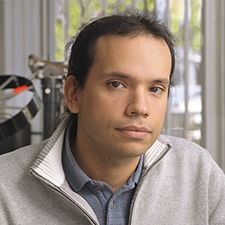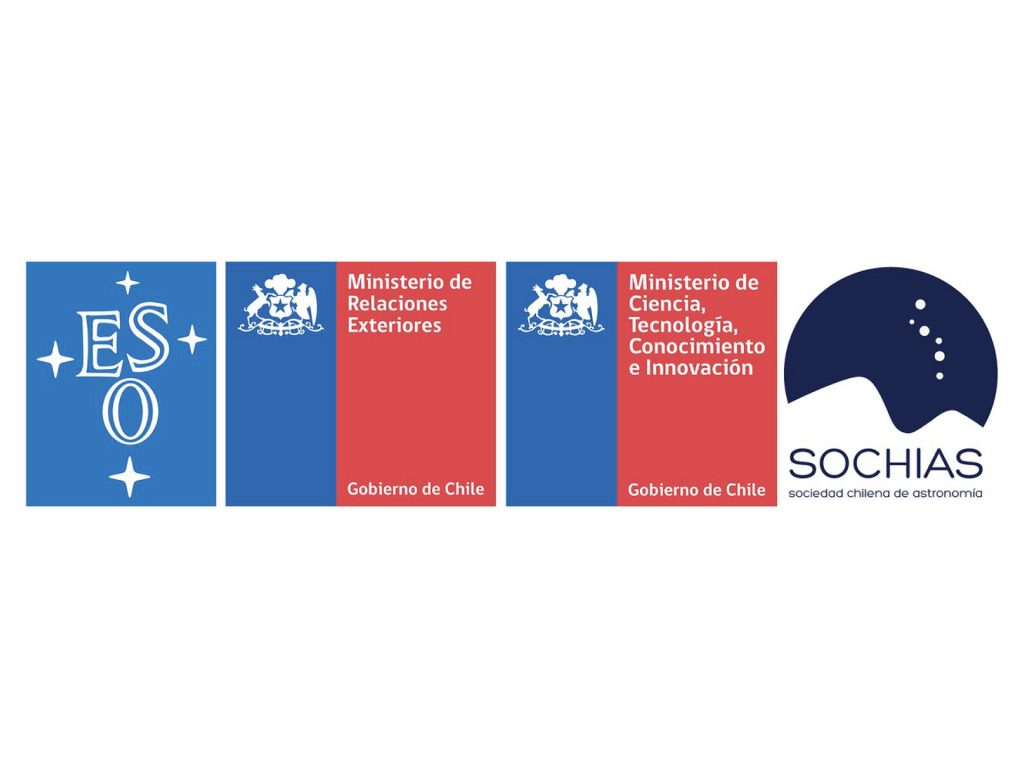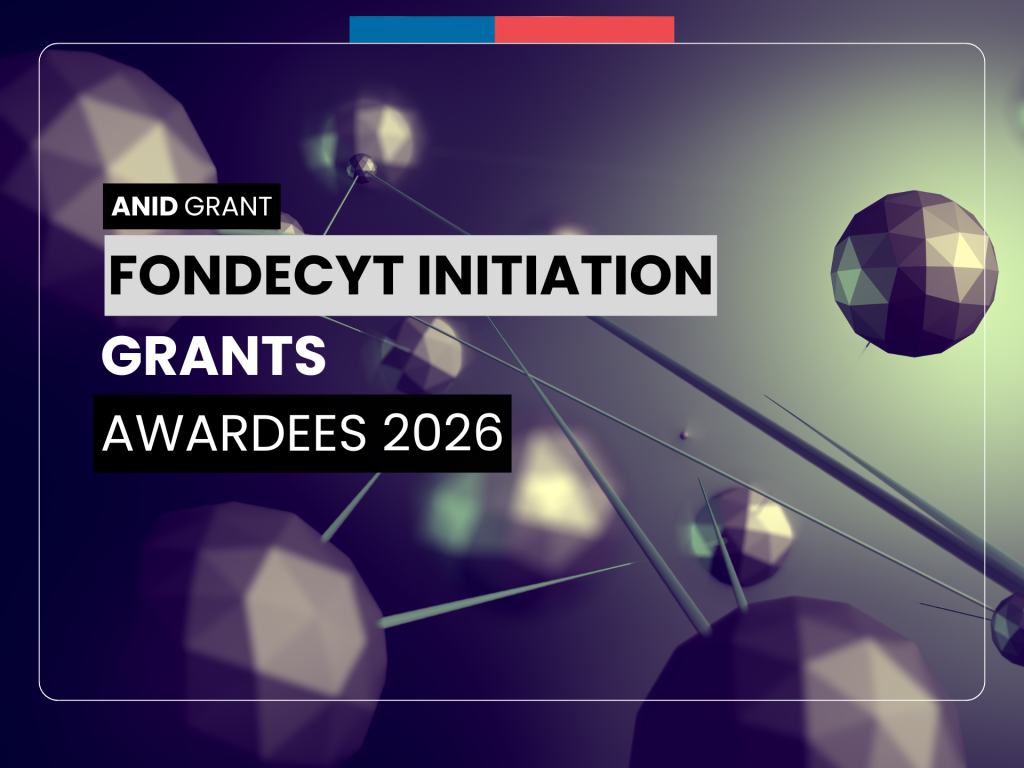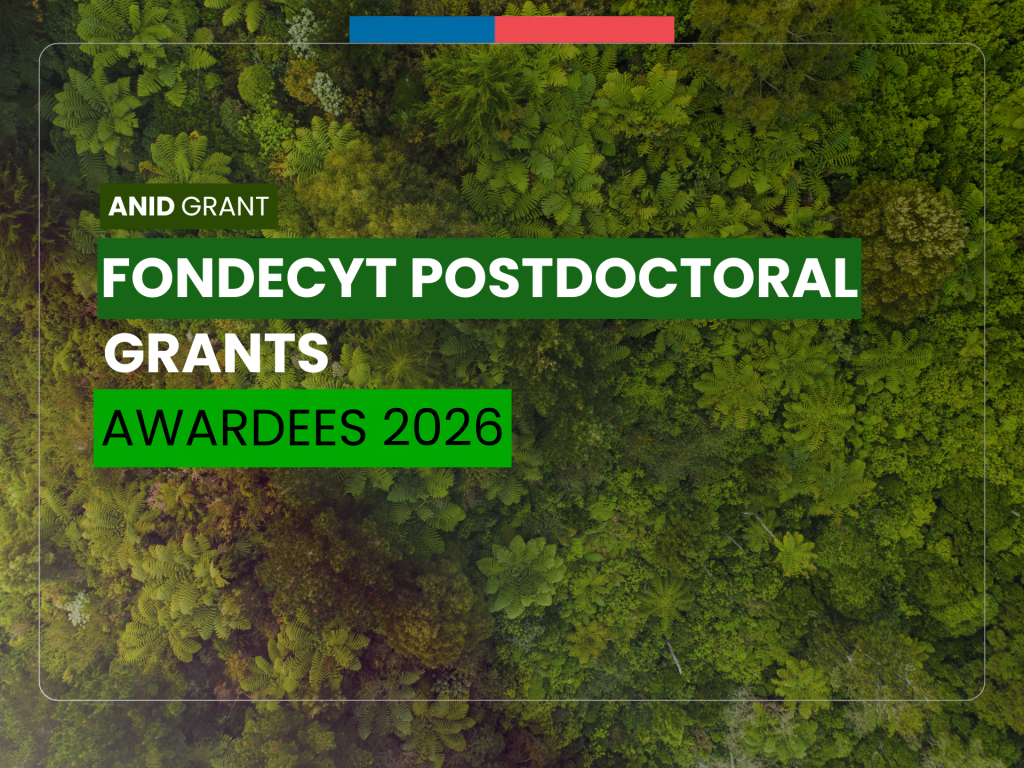The National Research and Development Agency (ANID) has announced the results of the 2025 call to fund new Applied Research Centers. These centers bring together collaborative research groups that address national challenges—climate change, energy, natural resource exploitation, pandemics—through interdisciplinary work. The main objective of these centers is to generate scientific evidence to guide public policies, improving decision-making and the country’s well-being, while fostering national and international collaborations that may eventually become benchmarks in their fields.

CYBER-PHYSICAL SYSTEMS - RESEARCH AND TECHNOLOGY CENTER (CPS-RTC)
In this year’s call, Felipe Núñez, an Associate Professor in the Department of Electrical Engineering, was selected to lead the collaborative proposal “Cyber-Physical Systems – Research and Technology Center (CPS-RTC)”. This center brings together academia, the public and private sectors to develop, implement, and transfer next-generation cyber-physical systems (CPS) tailored to the needs of established and emerging productive sectors in Chile. This new ANID Center of Excellence will also include the institutional participation of the University of Antofagasta, the Catholic University of Maule, and the Metropolitan Technological University (UTEM), along with more than a dozen public and private partners, ensuring that the research generates relevant, reliable innovation ready for transfer to society.
The CPS-RTC team also includes Associate Professor María Rodríguez from the Institute of Biological and Medical Engineering as Alternate Director, Assistant Professors Marilyn Cruces and Miguel Gutiérrez from the Department of Electrical Engineering as Principal Investigators, and Assistant Professors Alejandro Maass and Saúl Langarica from the Department of Electrical Engineering as Adjunct Investigators.

Through close collaboration between the State, Academia, and Industry, the center aims to develop and promote the adoption of cyber-physical systems—networks of sensors, actuators, and software that connect the digital and physical worlds—in key sectors for the country, such as mining, health, energy, and transport. It will focus from the early development of technologies (TRL 1) through products tested in the field (TRL 9), grouping its research areas into two major missions: Automated Industries and Human-Centered Technologies. Projects will be developed around common tools organized into four enabling lines: Data, IoT (Internet of Things) Networks, Cybersecurity, and Real-Time Control.
With initial funding for five years, the CPS-RTC will contribute to the industrial modernization of the public and private sectors, pushing them to adopt state-of-the-art technological tools and standards that promote significant increases in their efficiency, effectiveness, and productivity, which are crucial elements for propelling the country’s development.


